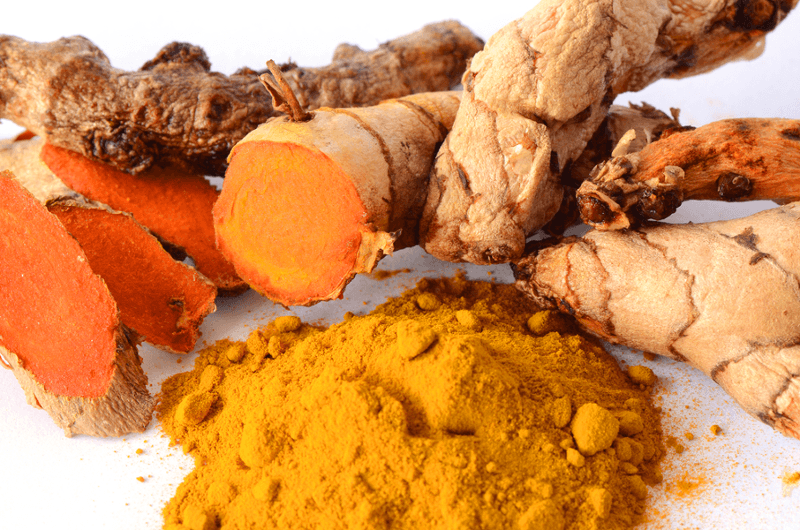The natural health industry is under revision in New Zealand and Canada. On July 19, New Zealand passed the Therapeutic Products Bill, which will take effect in 2026.
Then on June 22, Royal Assent was given to Bill C-47, which introduced amendments to the Food and Drugs Act (FDA) concerning Natural Health Products (NHPs). It will take effect in 2025.





